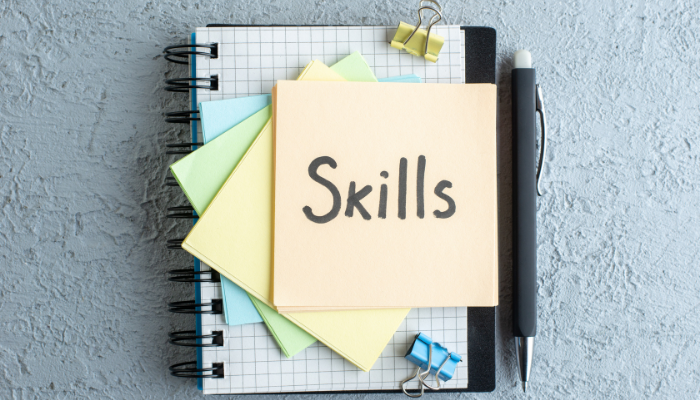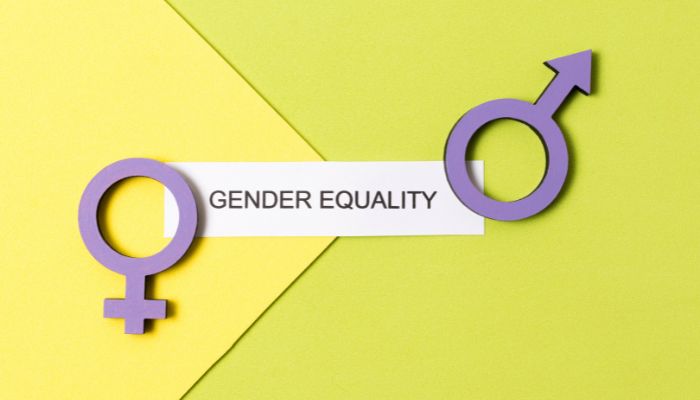Big changes trigger introspection and new skills development is a change that becomes necessary from time to time. Alert working professionals have the power to upgrade themselves well within their reach when they are nonplussed by change. The COVID-19 pandemic has been one of those relentless fixtures in the lives of working professionals around the world. Even those who didn’t come directly in contact with the coronavirus were influenced by the changes it brought about at the workplace, home, and life in general. Purely reacting to changing job markets, one practical response is to embark on new skills development which many job aspirants and even seasoned working professionals see as a survival skill. More interestingly, some professionals and qualified youth took the opportunity of the slowdown, the pitstop afforded by the pandemic, to re-examine their competencies and head in unique, hitherto unexplored directions. Even these ventures required new skills development which many explored with great energy.
At the employer level, planning for and creating room for new skills development is no longer a good-to-have plan on the HR horizon. Department heads, executives, line and staff managers, and subject-matter experts are all concerned about keeping their teams up-to-date with knowledge and practical abilities. To these, they regularly bring in external frames of reference through competency analysis and mapping. Only such a multi-pronged approach where new skills development is examined from every angle and at every opportunity produces the desired adaptability and cross-trainable performance skill-sets in the working population.
You might also be interested to read: Lifelong Learners: An Asset For Companies
There are emotional intelligence/affective skills, project management and organizational skills, personality skills such as persuasiveness, ability to negotiate, and long lists of domain skills that find their ranks among the list of new skills development that professionals aspire for. Of all of them, the ones that take the cake are agility and adaptability. These skills ensure that the human resources carrying the roles are not boxed into corners but ready to change in the face of fresh constraints.
The role of a panoramic, near-insurmountable event such as the coronavirus pandemic is one of producing catharsis. The situation, dire as it is, brings out the better side of human nature. It appeals to the spirit of fighting and building back after a crisis, and rising to the challenge of creating something sustainable and worthwhile again. These traits of survival and thriving have saved the human race time and again through history. Through time and effort, hope for a better future (greater pay, better living conditions), workers bring the indisputable requirements of a winning frame of mind – curiosity, motivation, and willingness to keep up their efforts.
In crucial times, these traits help teams and communities build back. They bring the fortitude required to ace in key areas such as product ideation, production, testing, and quality improvement. People scoring high on these traits are better equipped to keep adding to their repertoire of skills and being useful to the communities they are part of. This is where new skills development comes in, to categorize domain skills such as technical acumen, command in the STEM fields, while also listing out the essential soft skills and interpersonal skills. A professional continues to stay in demand in the job market when they possess a balanced mix of several categories of skills including affective skills. This package of skills constantly upgraded thanks to new skills development is, with good reason, marketable and sustainable in the long run.
Reference: Why the pandemic triggers new skills development | glocalthinking | Ivonne Vargas|22, Jul 2021
You might also be interested to read:






